Publications
Articles, publications, books, tools and multimedia features from the U.S. Institute of Peace provide the latest news, analysis, research findings, practitioner guides and reports, all related to the conflict zones and issues that are at the center of the Institute’s work to prevent and reduce violent conflict.
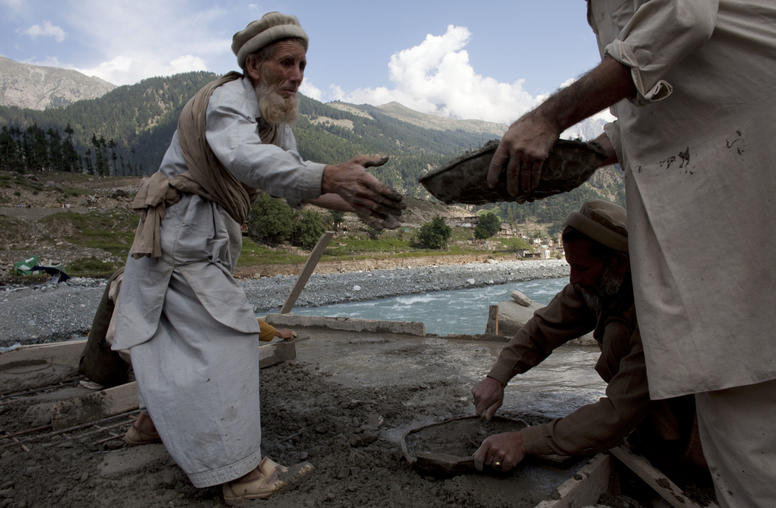
Can Pakistan Disaster-Prevention Tactic Apply to Politics Too?
In the past dozen years, Pakistan has been hit by eight earthquakes, including a magnitude 7.6 trembler that killed more than 86,000 people. The next quake in Pakistan is not a matter of if, but when. So the humanitarian community has focused on a game-changing idea known as resilience—taking actions...
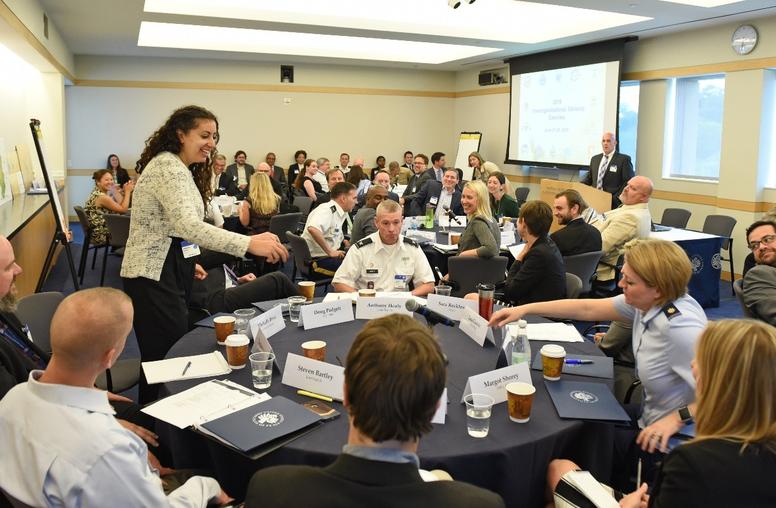
Lake Chad Exercise Demonstrates New Civilian-Military Approach
A group of senior U.S. military and civilian leaders recently agreed to find ways to work together more effectively to counter violent extremism in the volatile Lake Chad Basin of Africa, a region reeling from the casualties and destruction wrought for years by terrorist groups such as Boko Haram. The agreement emerged from a new exercise model...
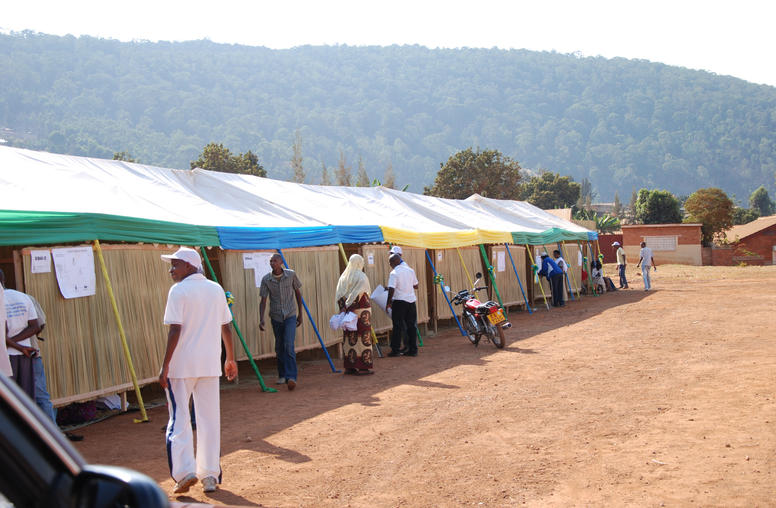
Rwanda’s Election Signals Risk to Recovery from Genocide
Rwandans head to the polls in August for an election in which incumbent President Paul Kagame will seek—and likely win handily—a third seven-year term. Despite the controversy over a 2015 referendum that amended the constitution to let him to run again and possibly stay in power for as long as 35 years, his political opposition...
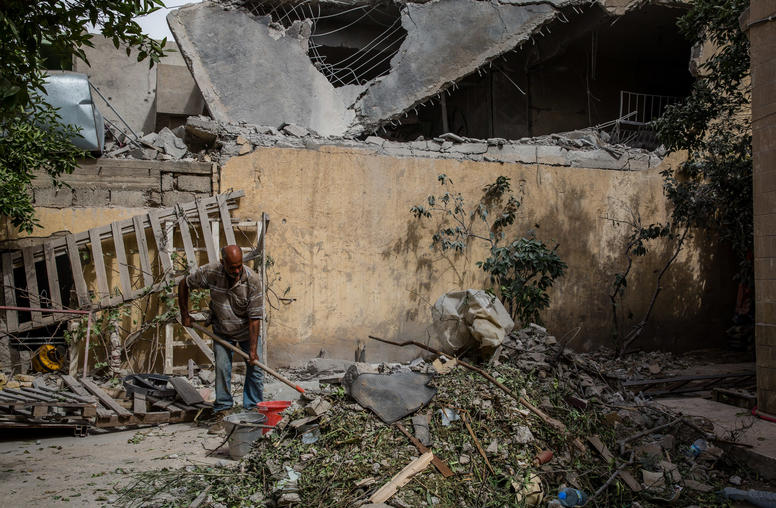
To Shut Iraq’s Door on ISIS, Use Local Peace Accords
As U.S.-backed Iraqi troops retake the last strongholds of the Islamic State in Iraq, the government in Baghdad and its international supporters must be ready to prevent a new round of conflicts in the country from turning violent, analysts said in a June 27 forum at the Heritage Foundation.
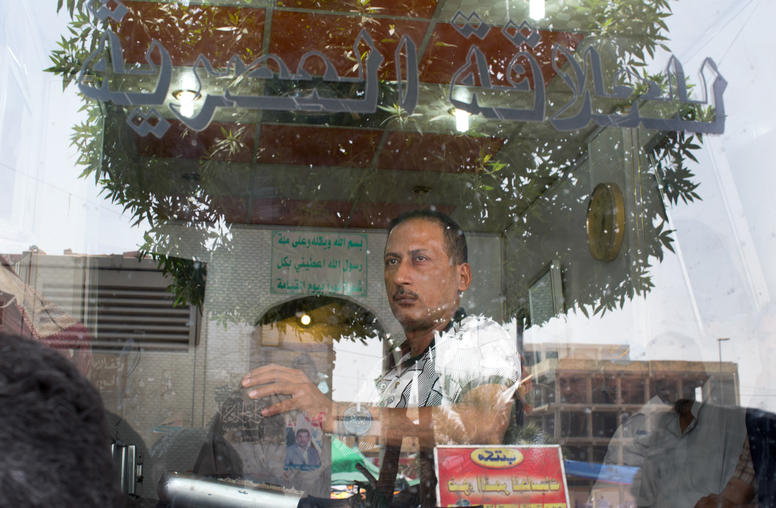
To Stabilize Iraq After ISIS, Try a Method That Worked
The farming region of Mahmoudiya, south of Baghdad, is divided by one of Iraq’s most turbulent fault lines of conflict, between the country’s Sunni and Shia tribes. A decade ago, this region of palm groves and irrigation canals was a violent al Qaeda stronghold known as the “Triangle of Death.” Yet for 2016, news reports and the United Nations’ accounting of nearly 7,000 or more civilian deaths across Iraq noted few attacks in this region, a reflection of its relative stability in recent years.
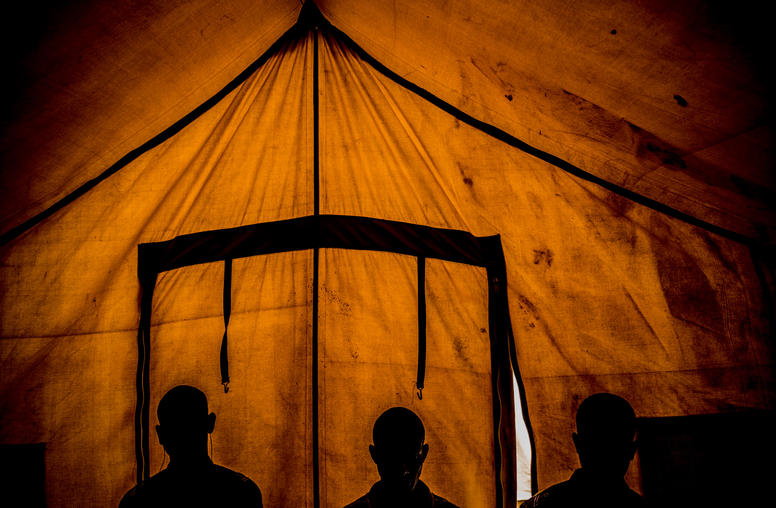
Defusing Violent Extremism in Fragile States
In Nigeria, a radio call-in show with local Islamic scholars provided an alternative to extremist propaganda. In Somalia, training youth in nonviolent advocacy for better governance produced a sharp drop in support for political violence. In the Lake Chad region, coordinating U.S. defense, development and diplomatic efforts helped push back Boko Haram and strengthened surrounding states. Such cases illustrate ways to close off the openings for extremism in fragile states, experts said in a discussion at the U.S. Institute of Peace.
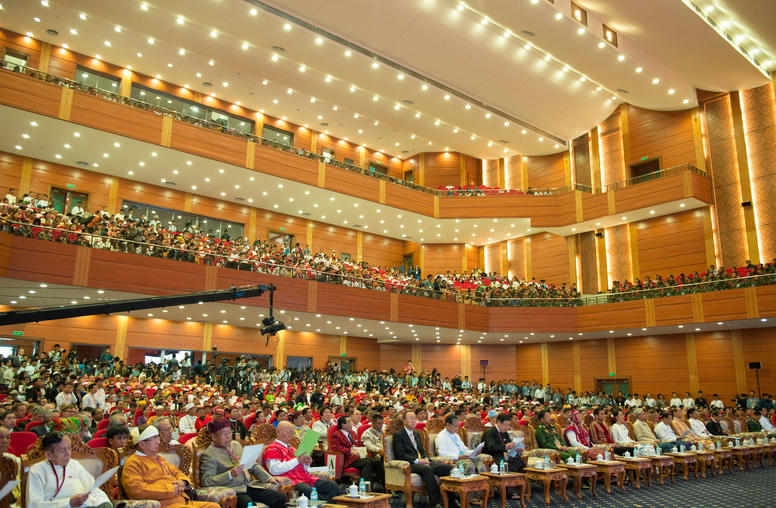
Q&A: What’s Next for Burma’s National Dialogue
Burma's national dialogue, stalled for months, advanced this week with the opening of the second round of the 21st Century Panglong Peace Conference in Naypyitaw, the capital. The five days of political talks focus on working out a federal system to resolve the country’s ethnic tensions.
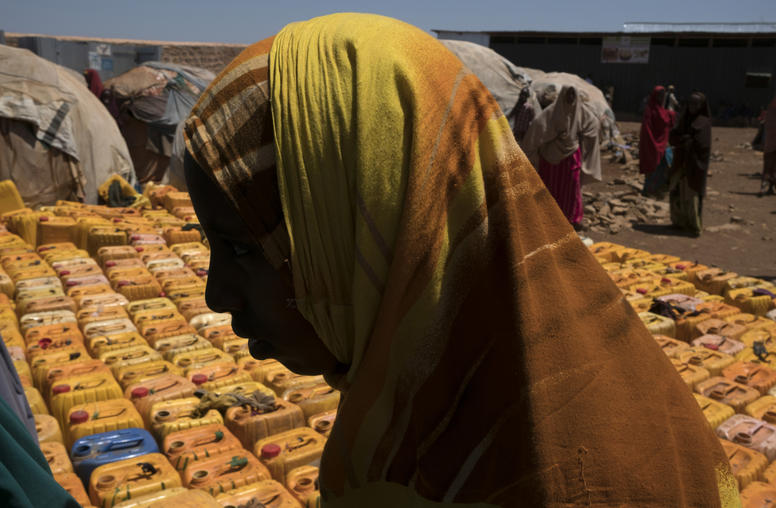
How Drought Escalates Rebel Killings of Civilians
The 2011 famine in Somalia, caused by a prolonged drought, killed an estimated 260,000 people. But this was more than a natural disaster. Amid the starvation, food shortages prompted rebels of al-Shabab, the armed group fighting Somalia’s government and spreading terror abroad, to attack local farmers to seize their food reserves, causing even more civilian deaths. It’s a pattern that plays out in rural regions across the developing world.

Trump Highlights Religion in Israeli-Palestinian Conflict
With the Israeli-Palestinian conflict a centerpiece of his first official trip abroad, President Donald Trump is staking out some delicate terrain. Unlike his predecessors, Trump has taken the risky step of highlighting the importance of religion to his policy goals with stops in Saudi Arabia, ...
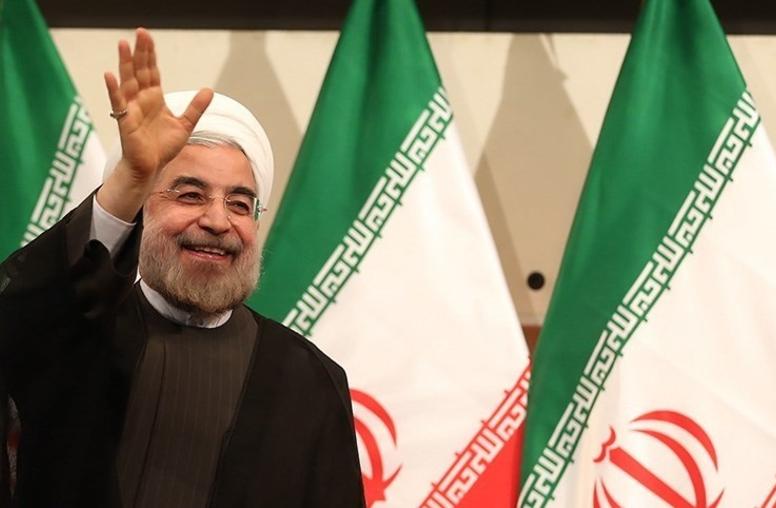
Rouhani’s Win in Iran May Not Ease Path on Promises
Iranian President Hassan Rouhani won a decisive victory for a second four-year term, with more than 41 million of 56.4 million eligible voters casting ballots, and 57 percent granting him their vote. But his platform of loosening political restrictions at home and greater engagement abroad will face challenges domestically and internationally.